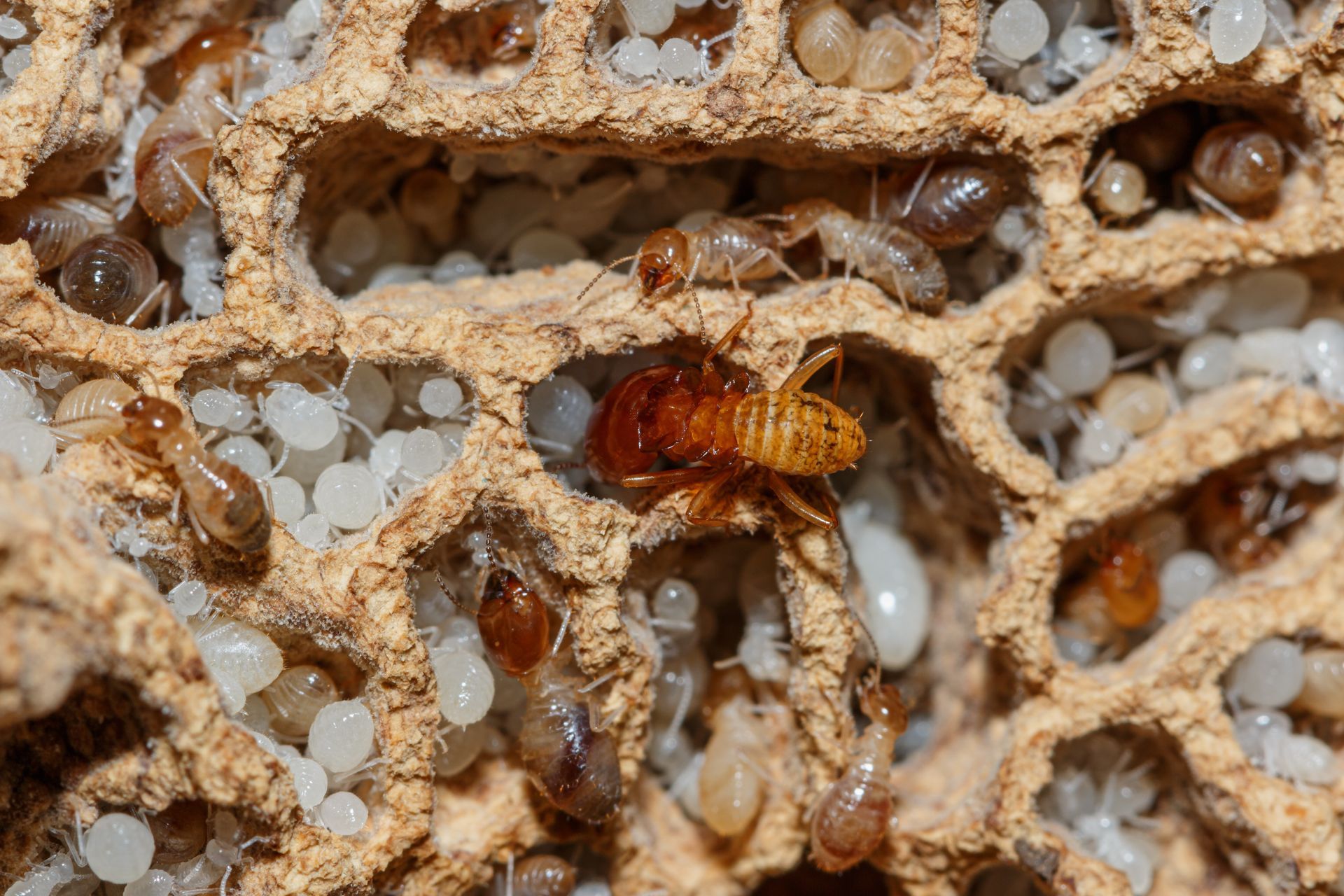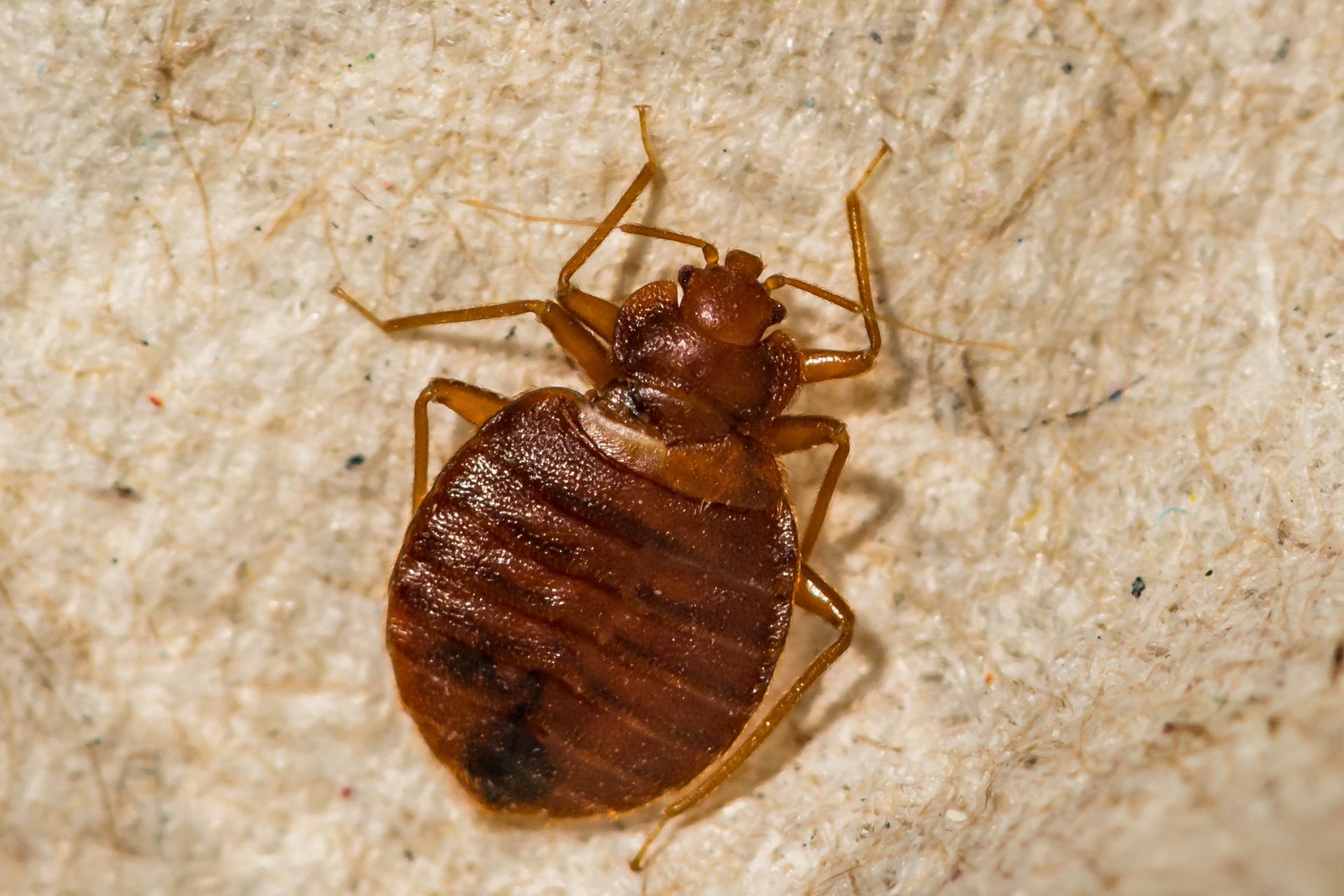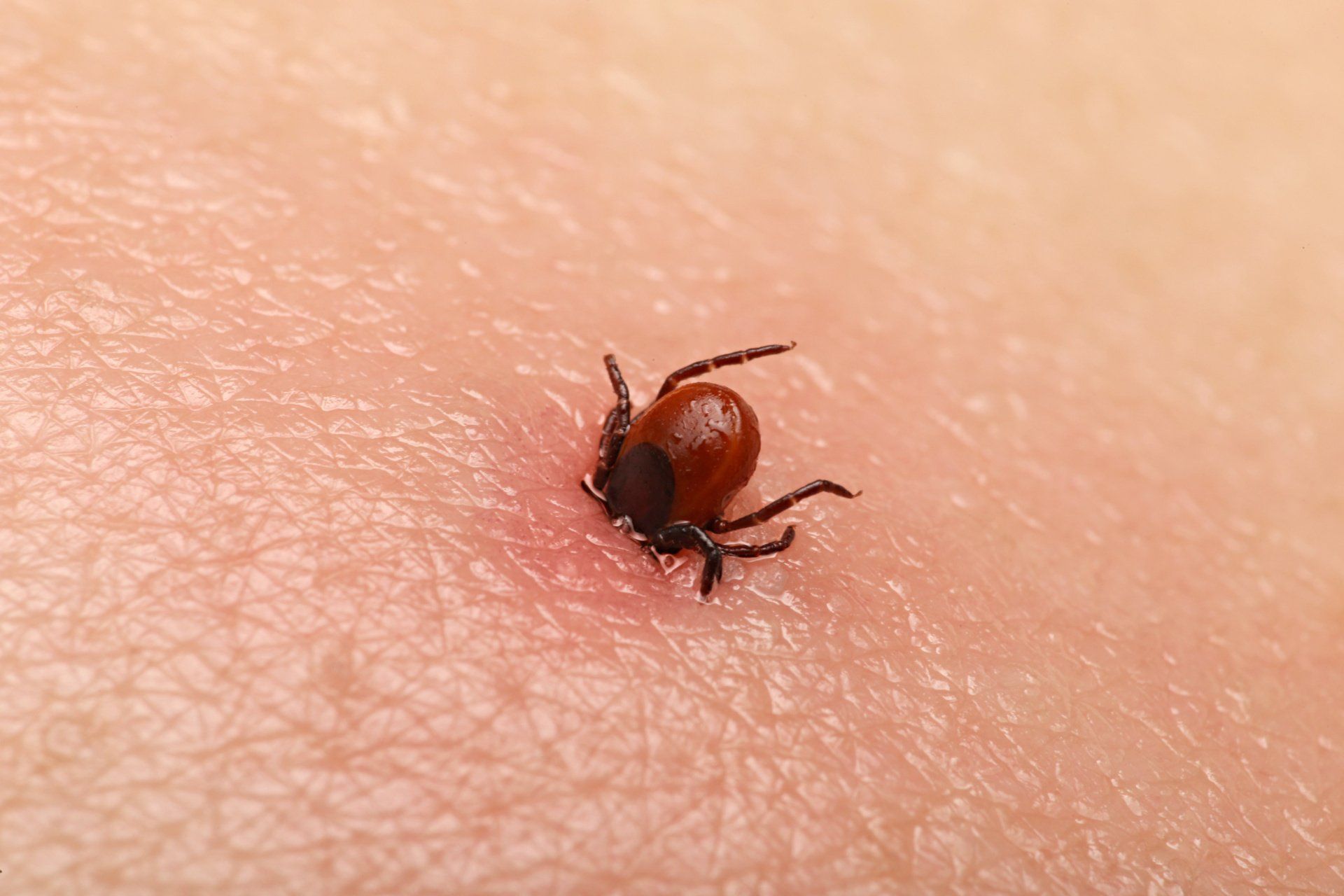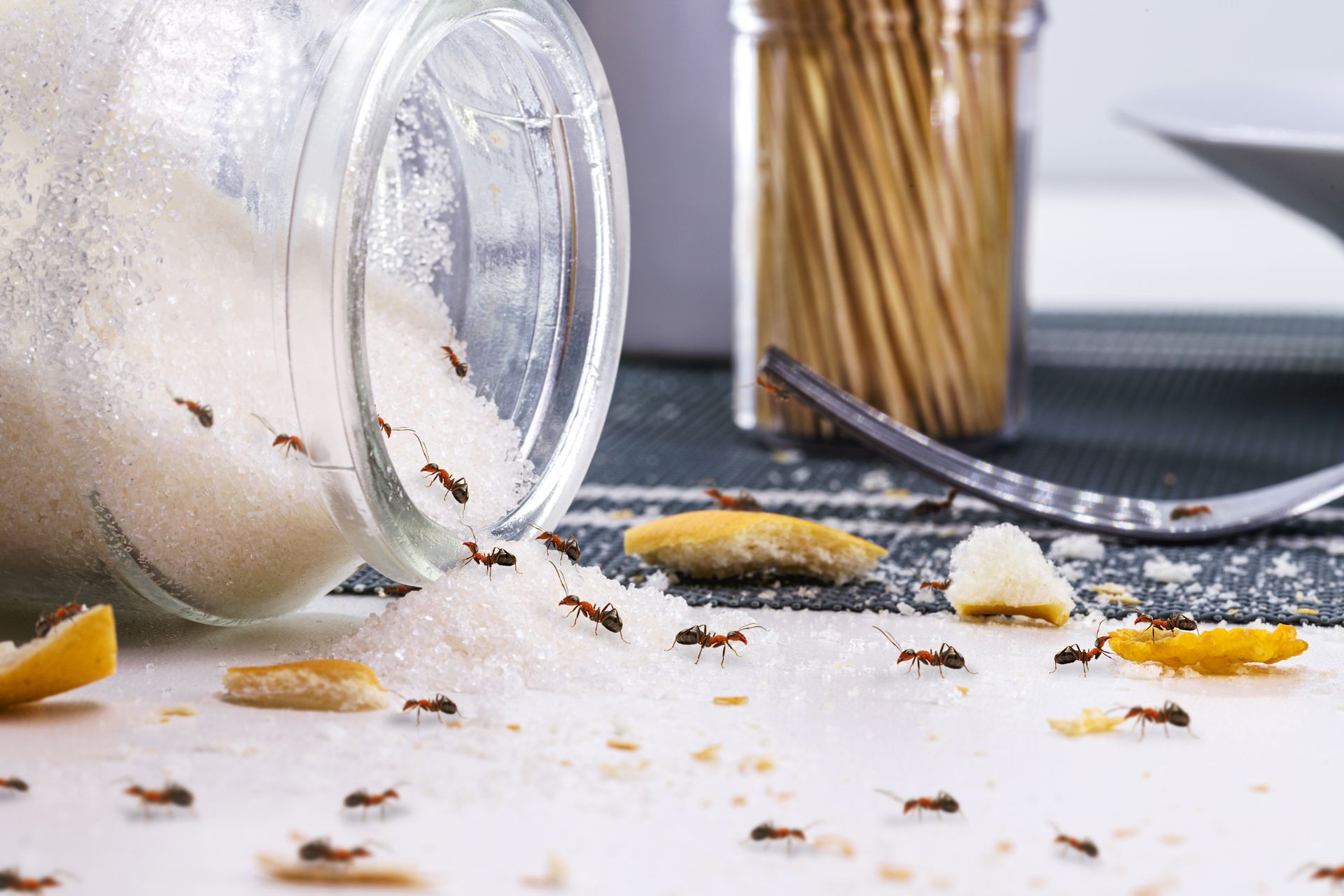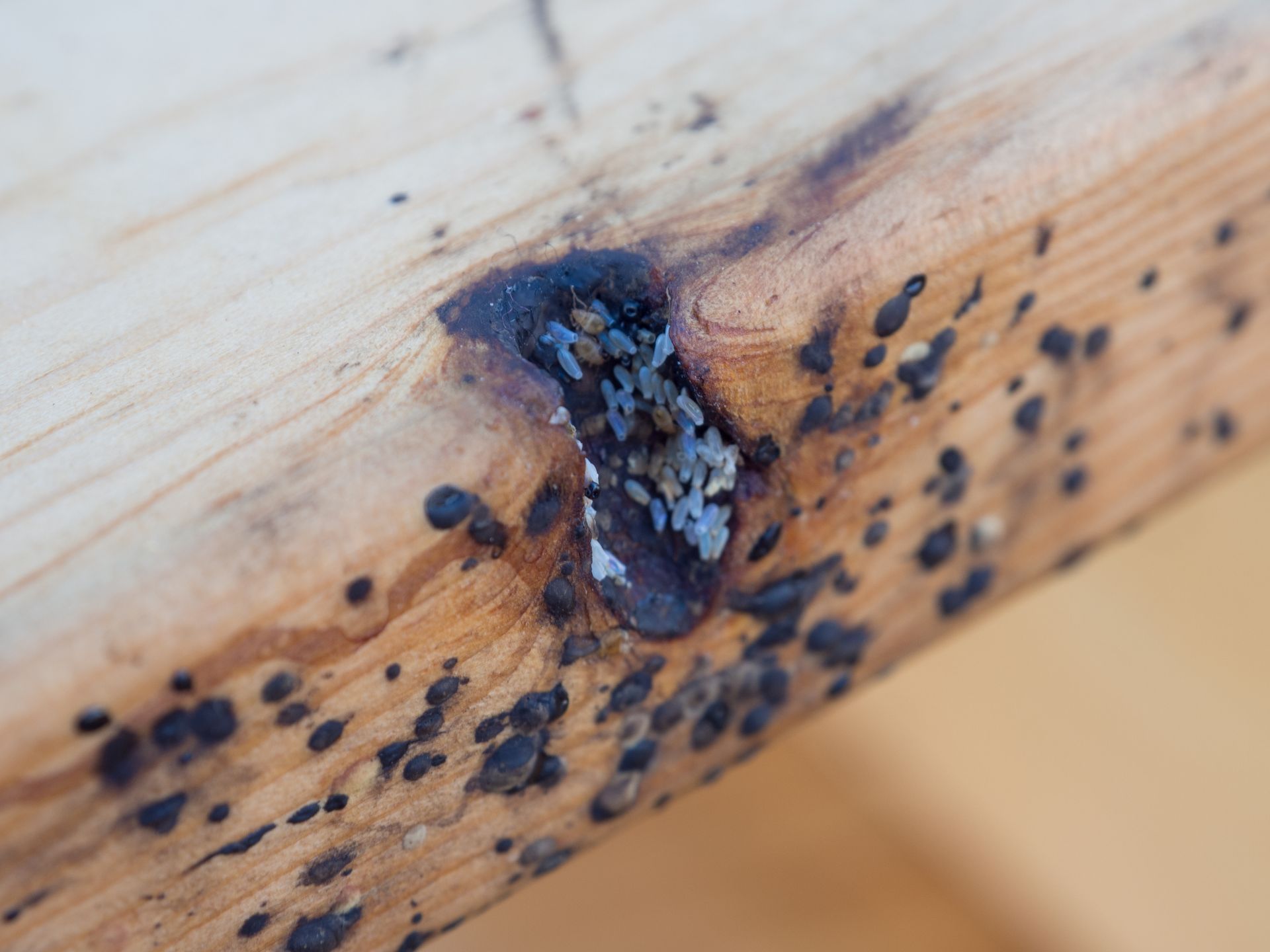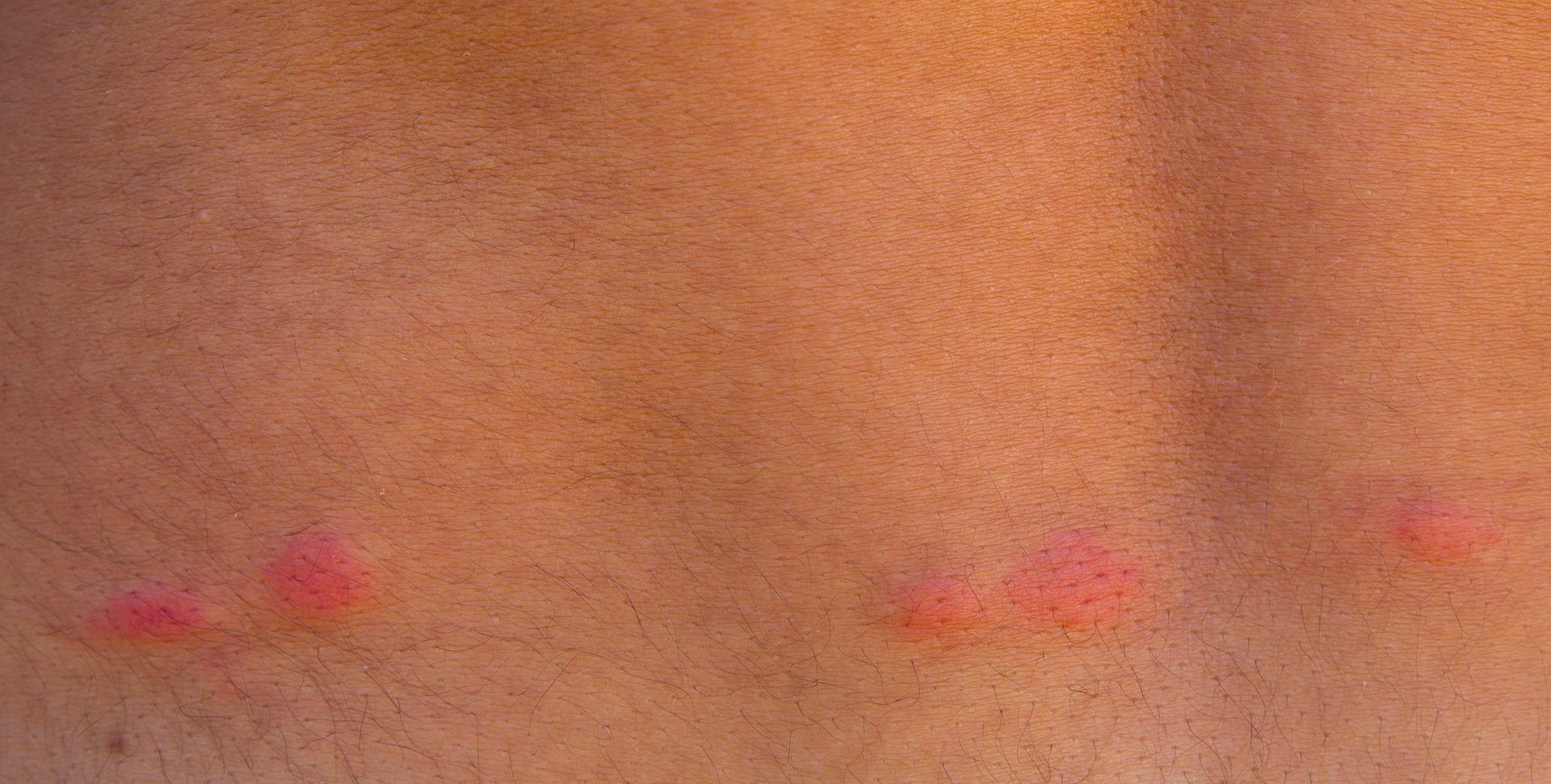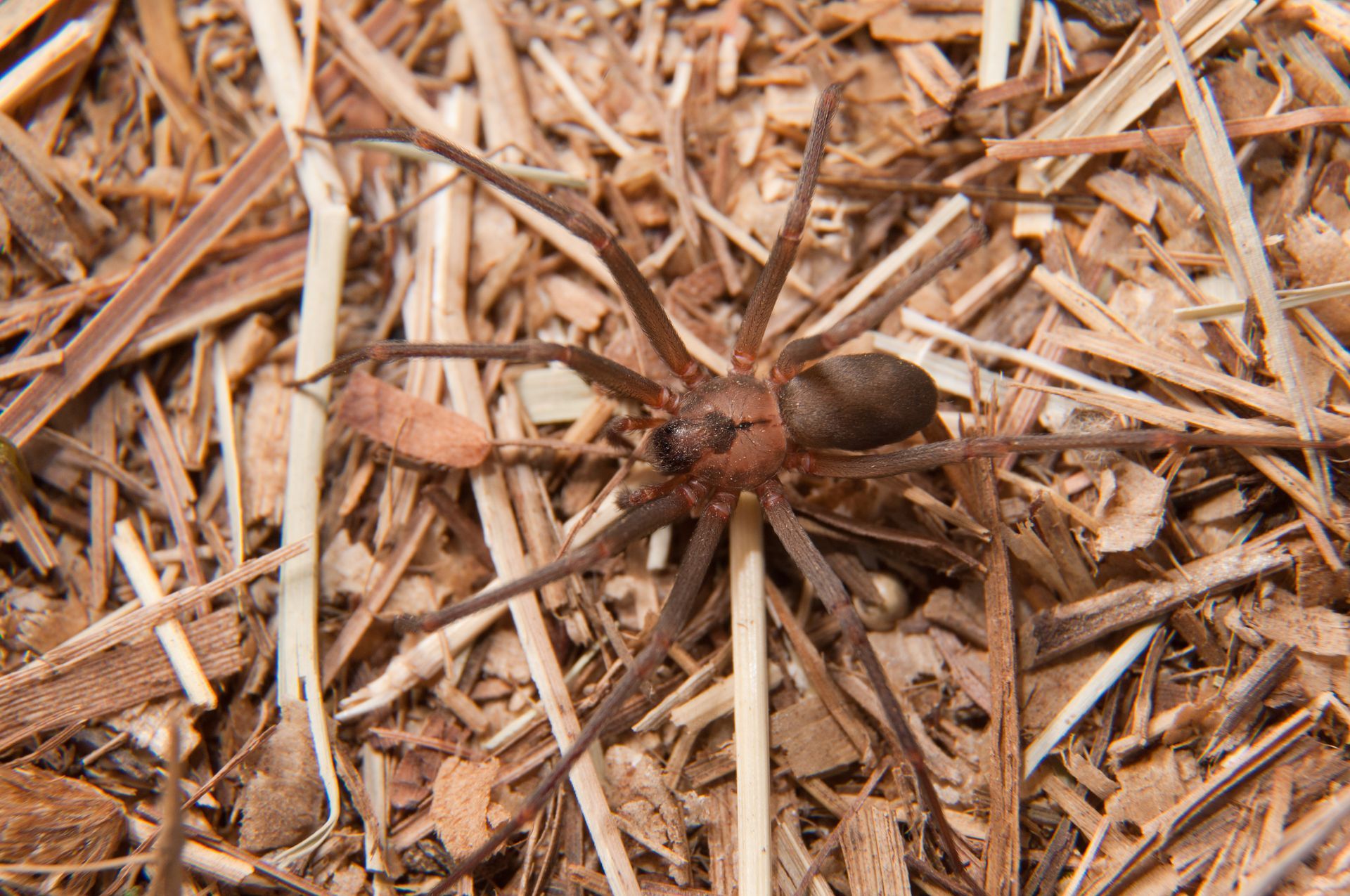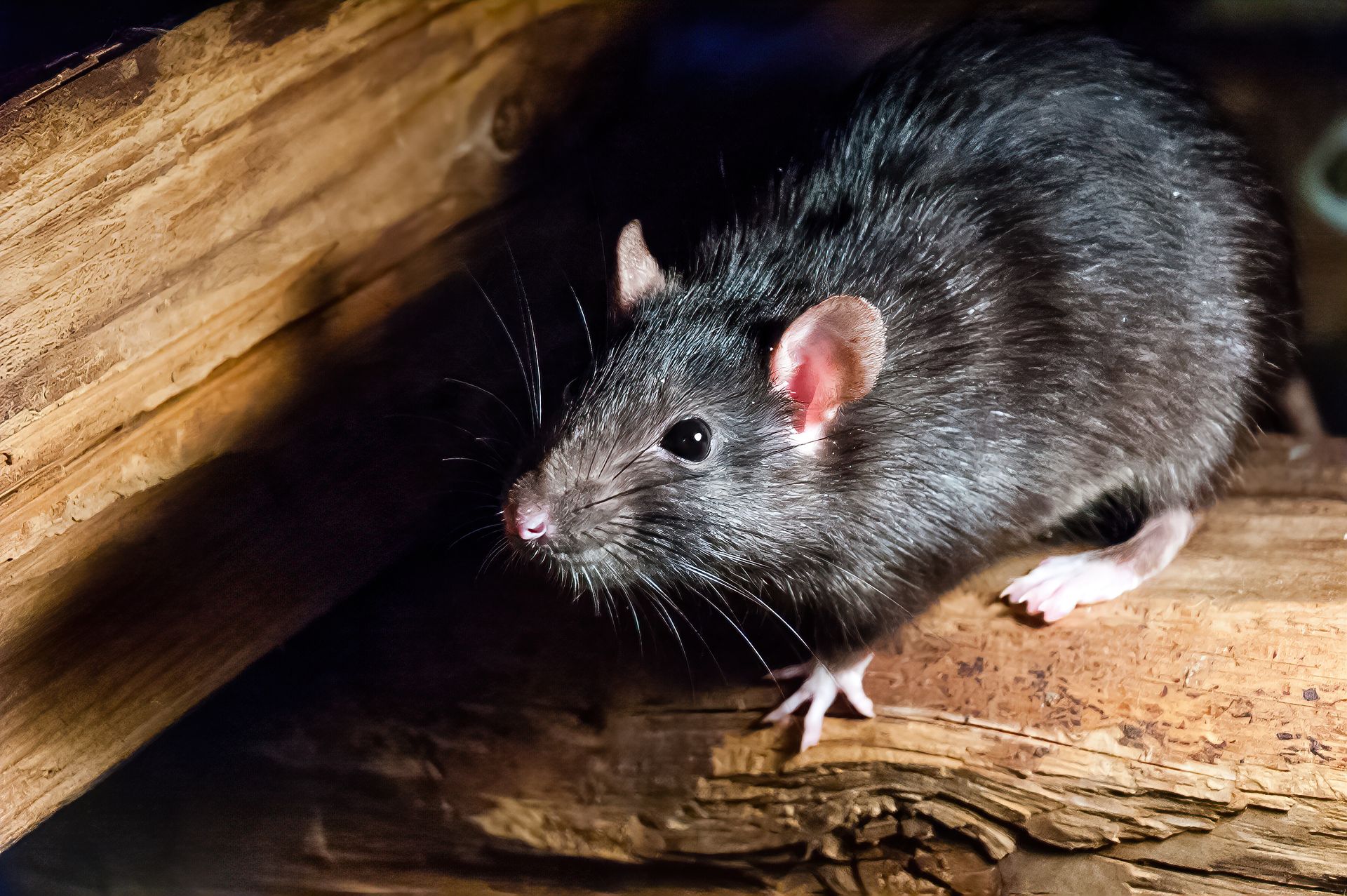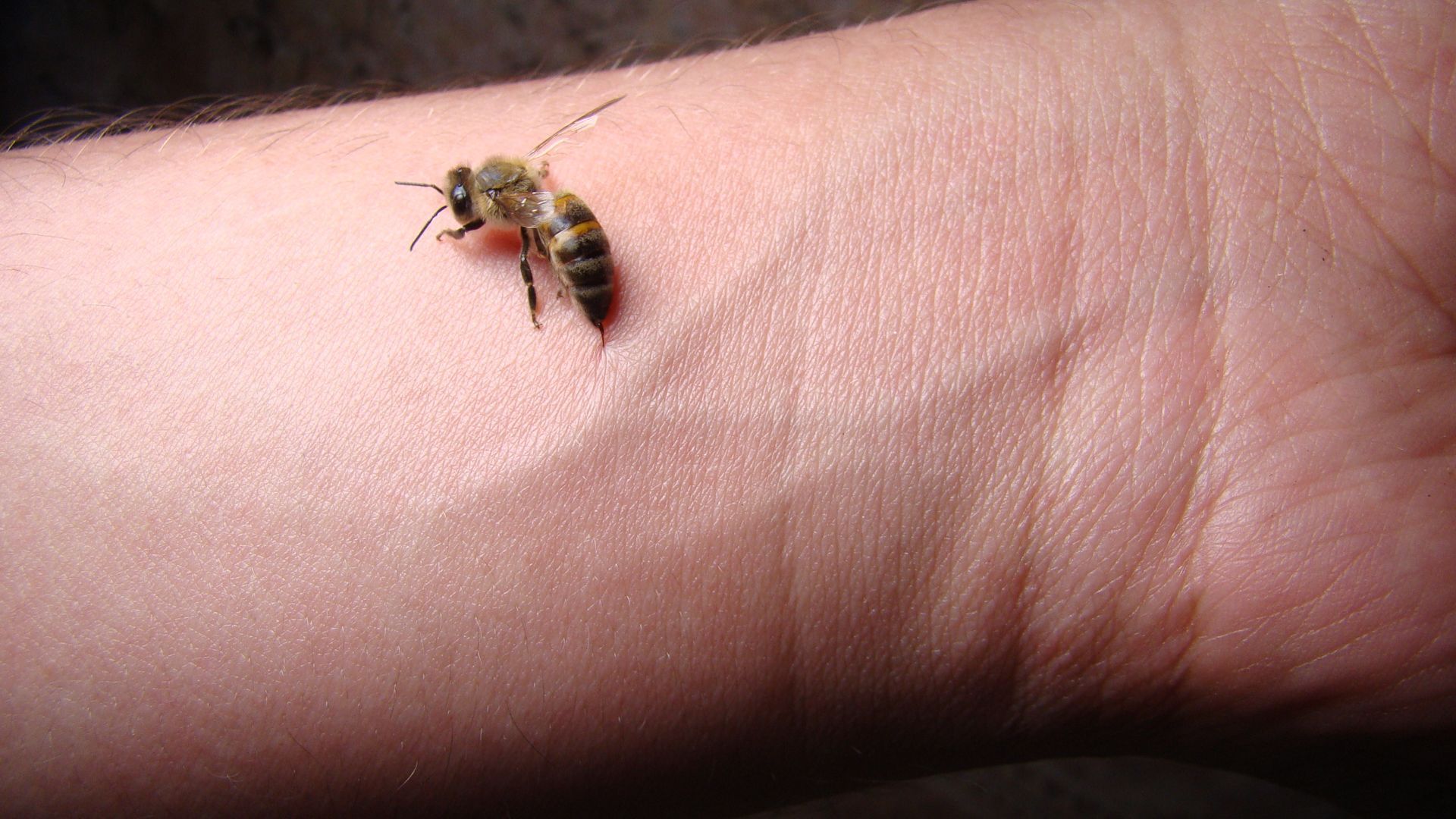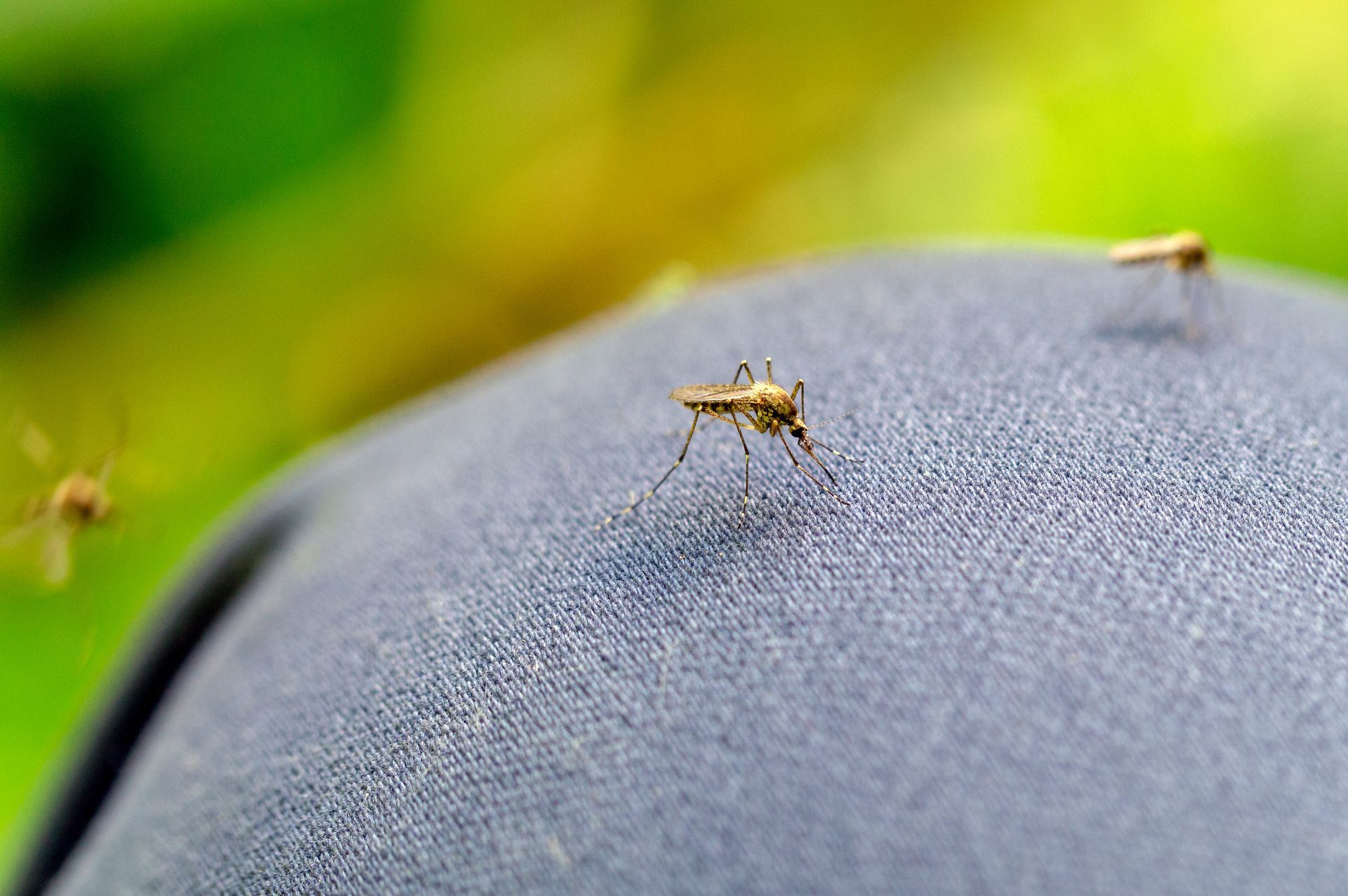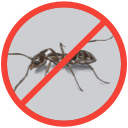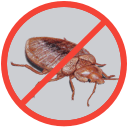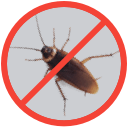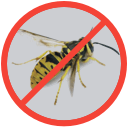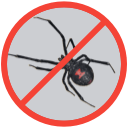Where Do Maggots Come From?
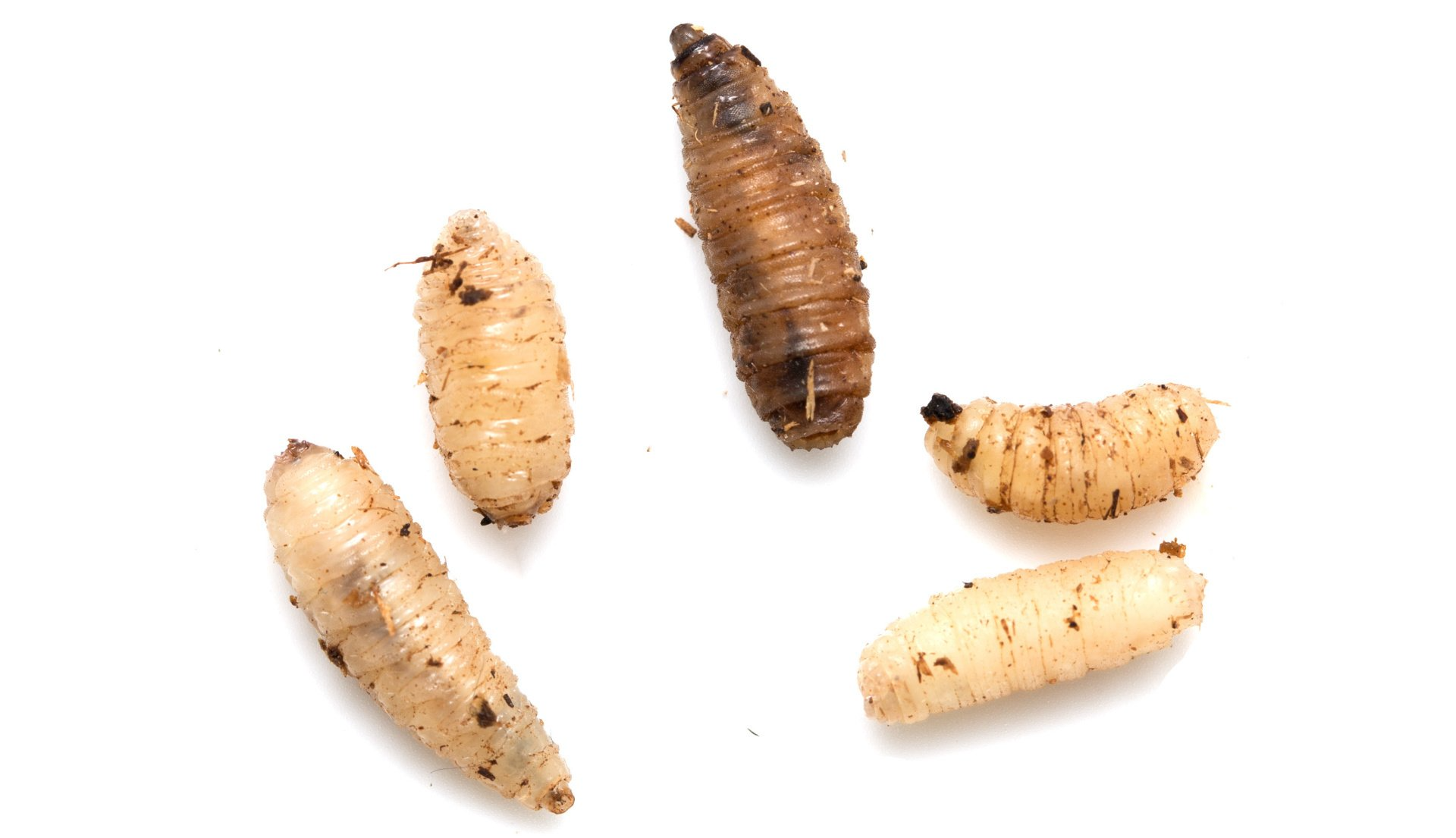
Maggots are just a common way to refer to fly larvae. The maggots that are most commonly found in home in the United States come from the housefly and bluebottle fly species. They tend to appear in trash, feces, and carrion because that is where mature flies will lay their eggs. These eggs take about 24 hours to hatch and will start to crawl around and consume whatever they hatched on. Maggots inside homes can be largely controlled by maintaining a clean environment and regularly removing trash and taking it outside.
What Are Maggots?
Maggots are just the earliest phase of a fly’s life cycle. These small worm or grub like creatures are simply fly larvae called by a different name. Maggots are cream colored and are about 3 - 20 mm, or ¼ - ½ inch long. They have no legs but use small hooks near their mouths to find food and attach themselves so they can feed. The most interesting thing about maggots is that they have light sensitive cells that cover their body which act as eyes for them to sense the world around them. These cells are designed to detect wavelengths of light and may have developed as a defense mechanism to keep them out of the sun and from being exposed to predators. Maggots will normally feed for 3-6 days before they are ready to move onto the next phase of the fly life cycle.
How Do You Get Maggots?
Maggots emerge from fly eggs that are laid wherever there is a safe place and a fresh source of food for the new brood of maggots to feed on. Mature flies will lay between 75 -150 eggs at a time in places like trash, carrion, feces, or rotting food. These eggs hatch into maggots between 7 - 24 hours. Normally, if flies are present, there is a good chance that there will be maggots soon as mature flies lay eggs every day.
Where to Look for Maggot Activity
If fly activity in a household seems to increase dramatically, that usually means that maggots are hiding somewhere inside the home. Be sure to empty out all trash cans and clean any places where maggots may be hiding. Also be sure to check any place where food is kept like pantries and kitchens to see if there is rotting food that has been contaminated. If fly activity continues to increase to the point that their presence is overwhelming, there is also the possibility that a rodent has died somewhere inside the walls or crawlspace of a home and maggots are slowly decomposing its body. Another area to check is exterior trashcans or dumpsters. If these trash receptacles are close to windows or doors, they may be incubating maggots that eventually develop into flies that find their way inside.
How to Prevent Maggots?
Maggots can easily be prevented by keeping an area clean, sanitized, and free of flies. Flies can be controlled by introducing sticky traps, fly traps, or bug zappers. Even if flies are around, if there are no sources of food for maggots to feed on, mature flies will not lay their eggs. The best way to prevent maggots inside is to keep trash cans empty. This is because trashcans will most likely contain rotting food and other materials that attracts flies. Maggots outside of your home can also be managed by regularly cleaning and / or sanitizing outside trash receptacles. Outside trash receptacles will accumulate layers of rotting materials over time. By rinsing these containers out every month, homeowners can minimize the presence of flies and their eggs. It can help to use a bleaching agent to sanitize these containers as well to ensure that any material left inside is no longer appealing to flies. Another important aspect of minimizing maggot activity is to pick up after pets. Flies are known to lay eggs in feces so by keeping a yard free of dog poop, a homeowner can reduce the likelihood of maggots. It also helps to keep things like pet food, compost, and garbage sealed so flies are not able to lay eggs.
How to Get Rid of Maggots
Getting rid of maggots after they are found can be done using any of the following:
- Fly spray that contains pesticides like permethrin which are designed to exterminate flies and maggots
- Boiling water that exceeds the temperature threshold that maggots can survive in
- Bleach and water mix that kills maggots with harsh chemical agents
- Dish soap that contains borax is another effective pest control agent that works against maggots
The other way to get rid of maggots is to simply remove them by taking whatever they are infesting and sealing it inside a garbage bag and then throwing it out.
Call EcoGuard if You Are Dealing with a Maggot Problem
If maggots or flies are presenting a problem, it may be time to call EcoGuard Pest Management. Our team of licensed and trained fly control experts can come inspect the property and determine where maggots may be so they can treat the area effectively to eliminate the maggot and fly problem. In addition to treatment, EcoGuard’s pest control technicians can help implement exclusion tactics that are designed to keep flies out of your home so they are unable to lay eggs that will develop into flies. Call today to schedule an inspection so our team can get to work treating your bug problem.
Where Do Maggots Come From FAQs
-
Do maggots come from flies?
Yes, maggots are another term for fly larvae. Most maggots in the United States are the larvae of the common housefly, blue bottle fly, and blow fly species. Maggots will need several days before they pupate and the maggots turn into flies.
-
What kills maggots instantly?
Maggots can be killed instantly using hot water, bleach, or pesticides. Hot water cooks maggots instantly causing them to die. Bleach is a harsh chemical agent that is too caustic against the maggots’ sensitive skin. Pesticides like permethrin also kills both flies and maggots on contact.
-
Where do maggots in the house come from?
Maggots are fly larvae, so they come from places where adult flies lay eggs. Mature flies lay eggs where there is a safe spot with ample food sources. This location can be the trash where there is rotting food, sinks where the garbage disposal may contain rotting food, or pantries where perishables are stores.
-
How do you stop maggots?
Maggots are easy enough to stop and prevent through regular cleaning and taking out the trash. Flies will only lay eggs where there are enough resources to sustain life. If a home is clean and there are no signs of food for maggots to feed on, it will be very difficult for maggots to appear.
Request A Free Estimate
We will get back to you as soon as possible
Please try again later
Immediate Service Available
Services
Customer Care
Legal
Working hours
- Mon - Sun
- -
All Rights Reserved | EcoGuard Pest Management | All Phone Calls Recorded | By Using Website You Agree To Terms Of Use



